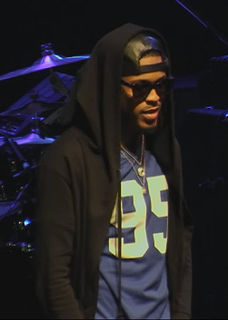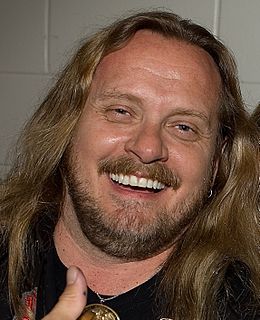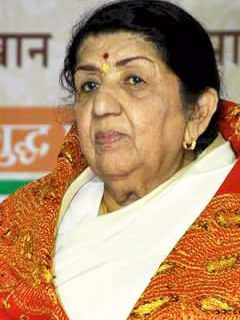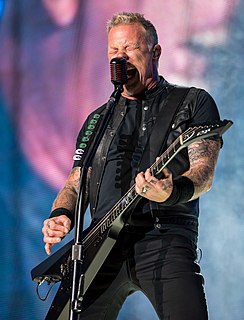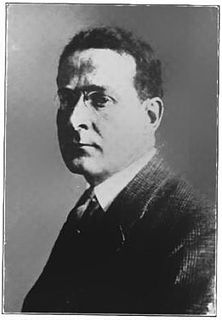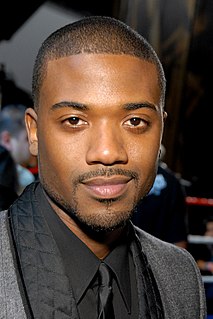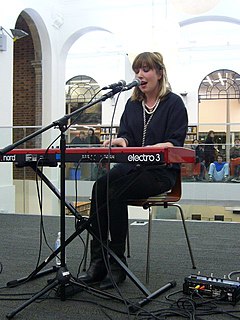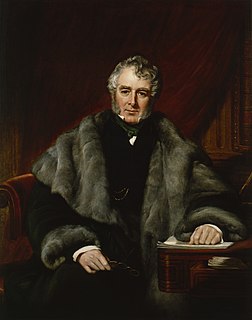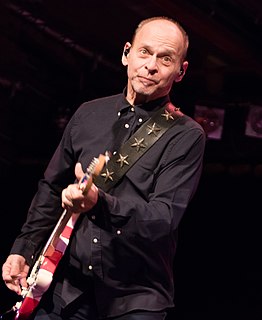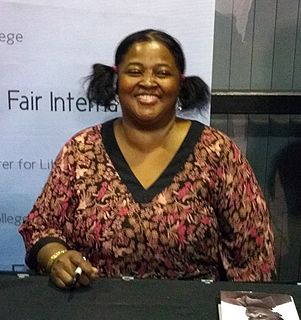A Quote by August Alsina
Hope - I wanted to give to that to the people. When you do that, you have to be willing to be unpopular. It's not the formula for radio songs.
Related Quotes
It doesn’t matter if you use a box camera or a Leica, the important thing is what motivates you when you are photographing. What I have tried to do is involve the people I was photographing. To have them realize without saying so, that it was up to them to give me whatever they wanted to give me . . . if they were willing to give, I was willing to photograph.
We love Formula One and think Formula One's great. But we think Formula E is different. We would be making a big mistake if we tried to compete with Formula One and be similar to Formula One, we have to be radically different to Formula One to have a chance of survival. I don't mean survival by beating Formula One but co-existing complimentary to Formula One.
I wrote 'Turn Your Radio On' in 1937, and it was published in 1938. At this time radio was relatively new to the rural people, especially gospel music programs. I had become alert to the necessity of creating song titles, themes, and plots, and frequently people would call me and say, 'Turn your radio on, Albert, they're singing one of your songs on such-and-such a station.' It finally dawned on me to use their quote, 'Turn your radio on,' as a theme for a religious originated song, and this was the beginning of 'Turn Your Radio On' as we know it.
I wanted to try to make songs that worked as songs, not just as productions. People wanted me to do a solo acoustic session, they were like "Can you play song on the piano?" and I was like "Not really. It doesn't really work." I wanted to write songs that would work in a variation of instrumentation.
And I thought about how many people have loved those songs. And how many people got through a lot of bad times because of those songs. And how many people enjoyed good times with those songs. And how much those songs really mean. I think it would be great to have written one of those songs. I bet if I wrote one of them, I would be very proud. I hope the people who wrote those songs are happy. I hope they feel it's enough. I really do because they've made me happy. And I'm only one person.
My definition of good is that you understand that this is a question of power. That you be willing to give up some power. That you be willing to give up some resources. That you be willing to pay Black people reparations for our years and years of service in this country. That you be willing to go home and tell your white mother and father about white racism and how it affects and kills Black people in our communities. That's my definition of good white people, and I haven't met any like that.
